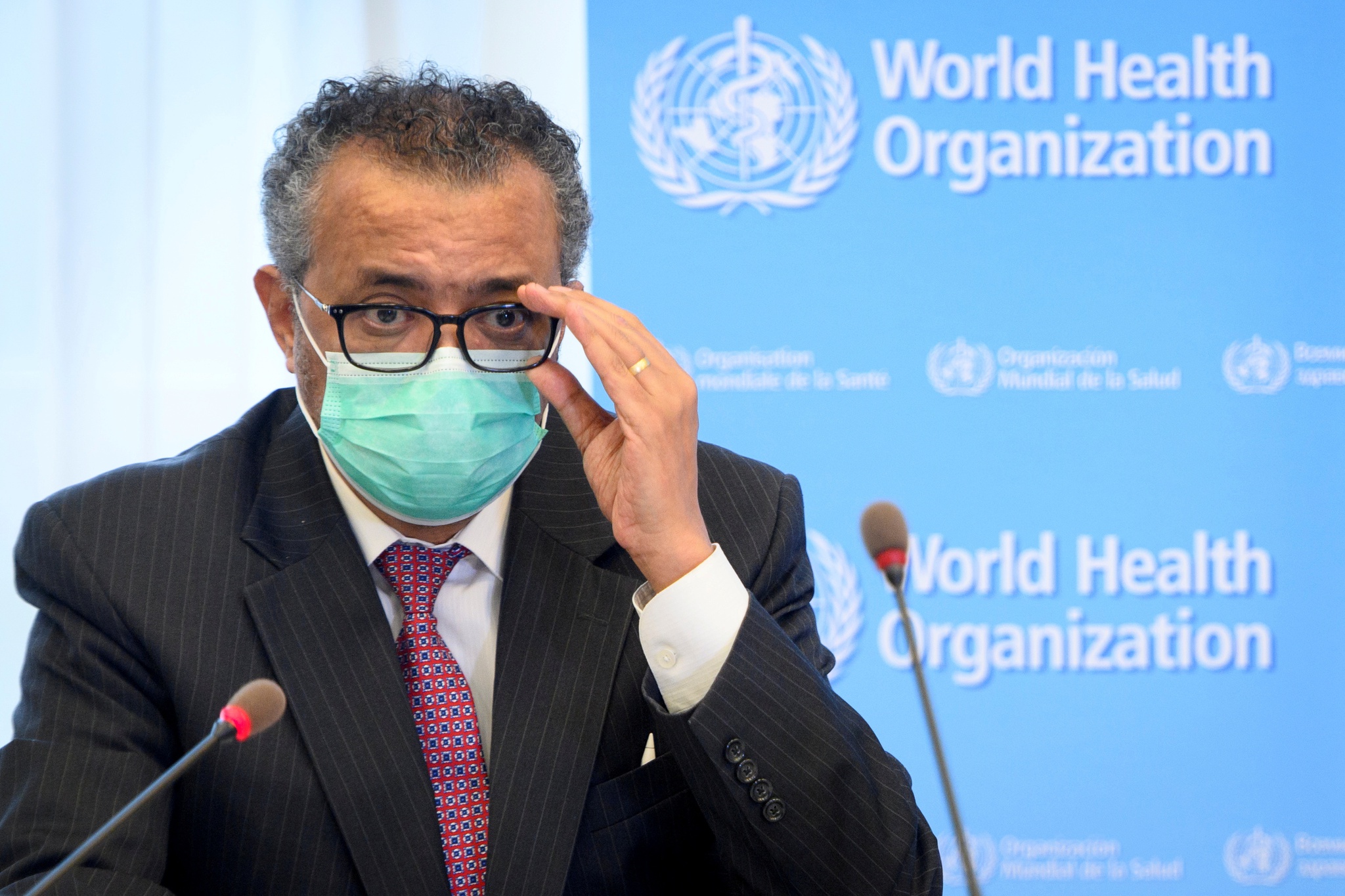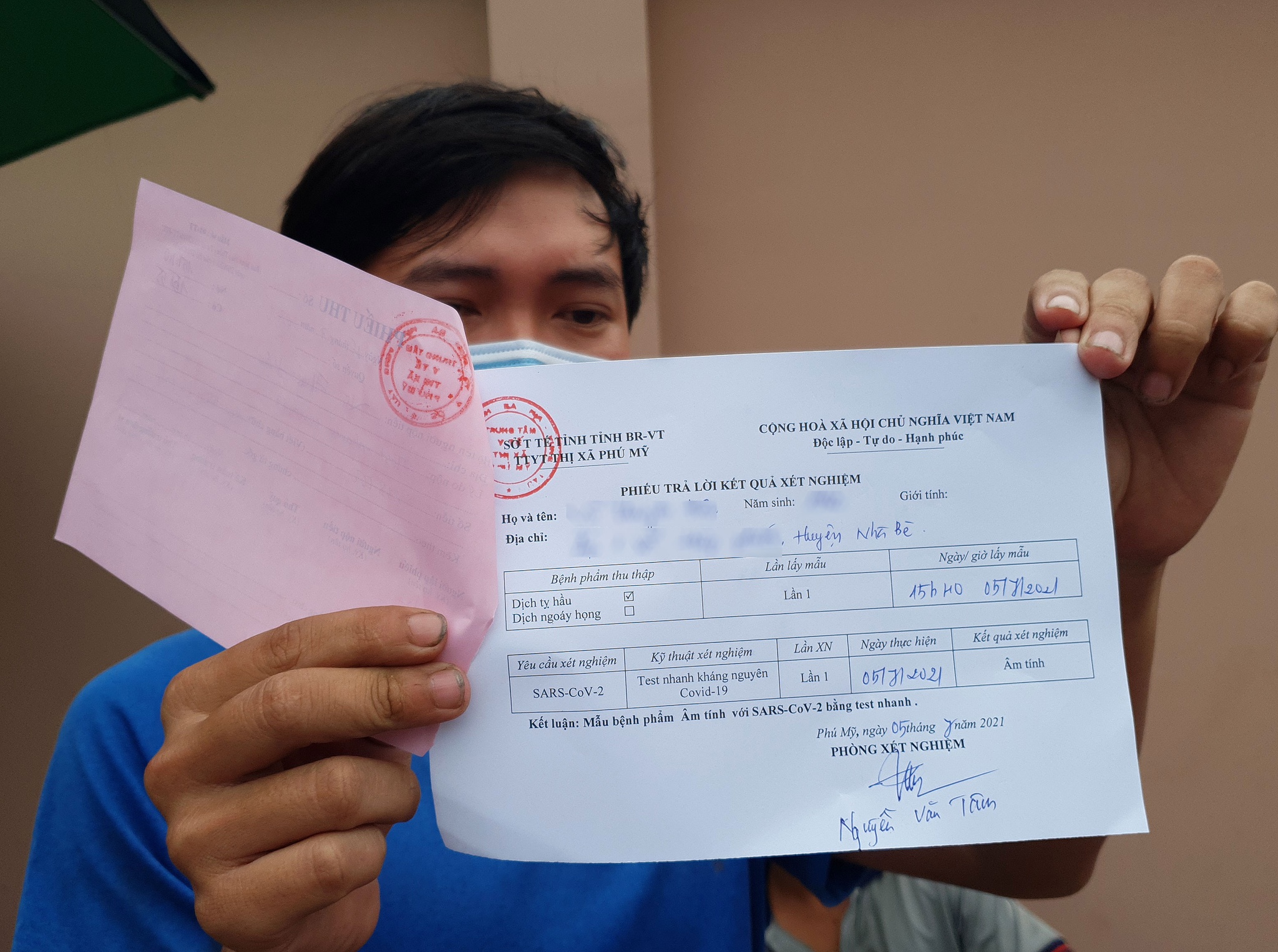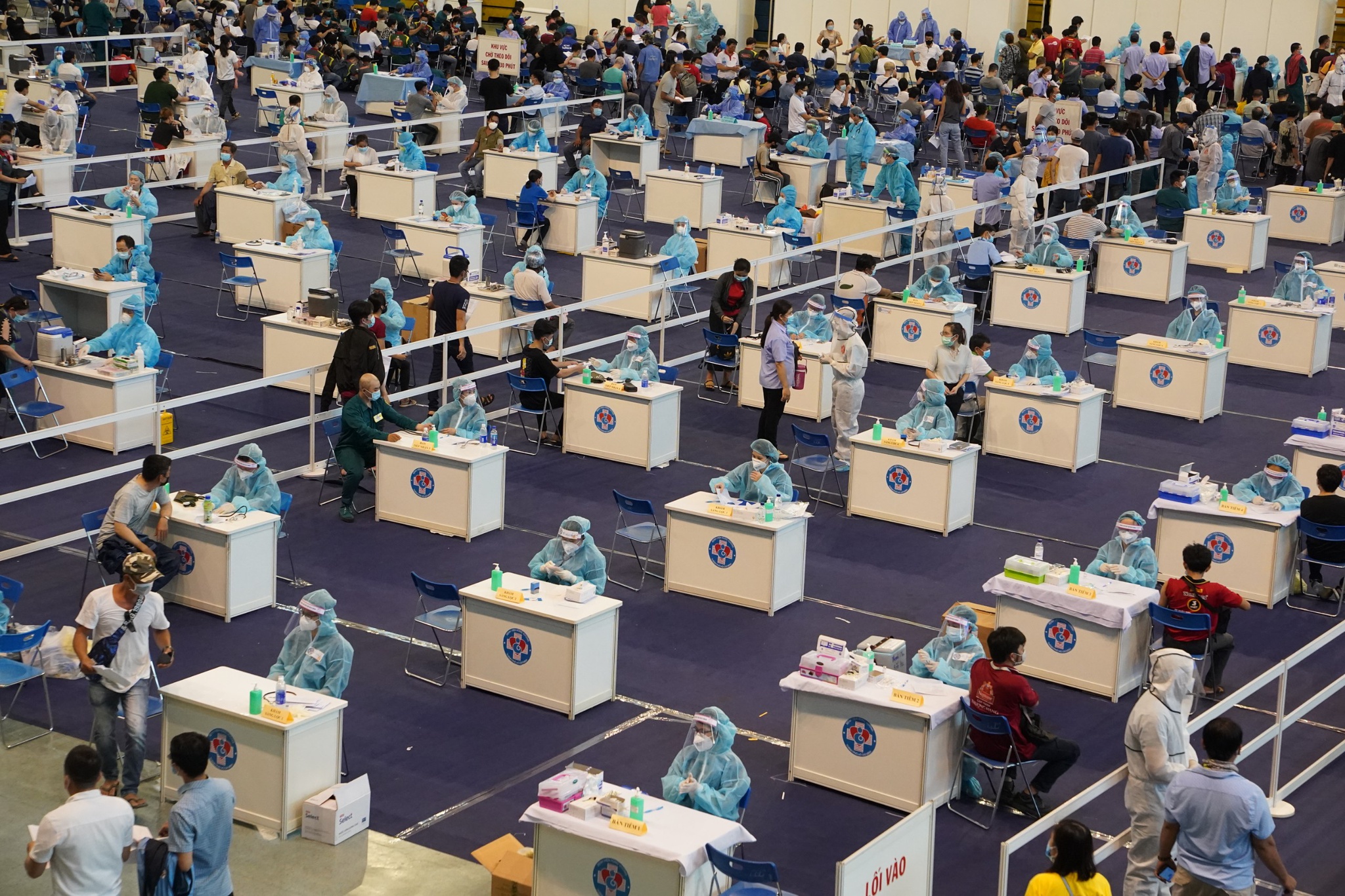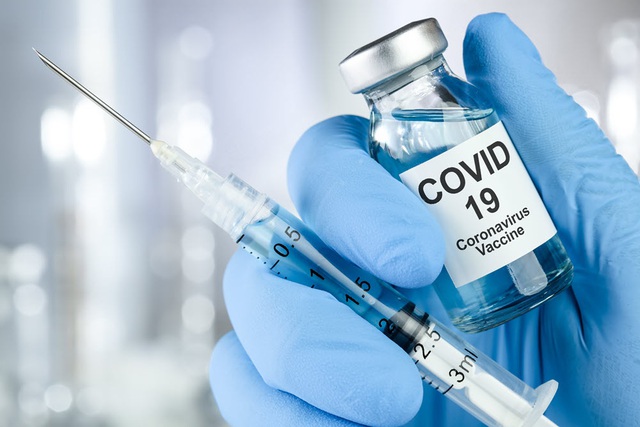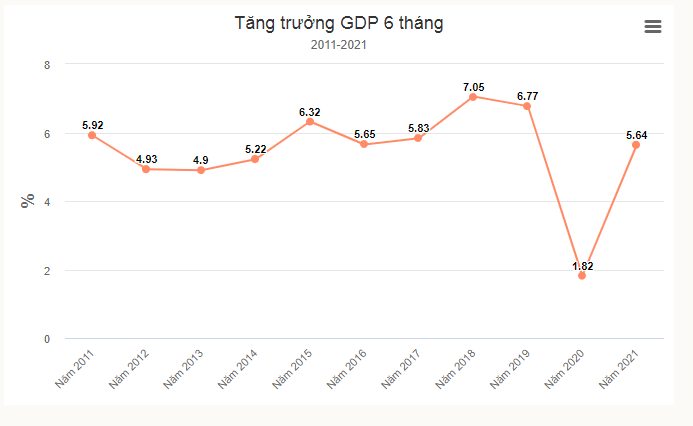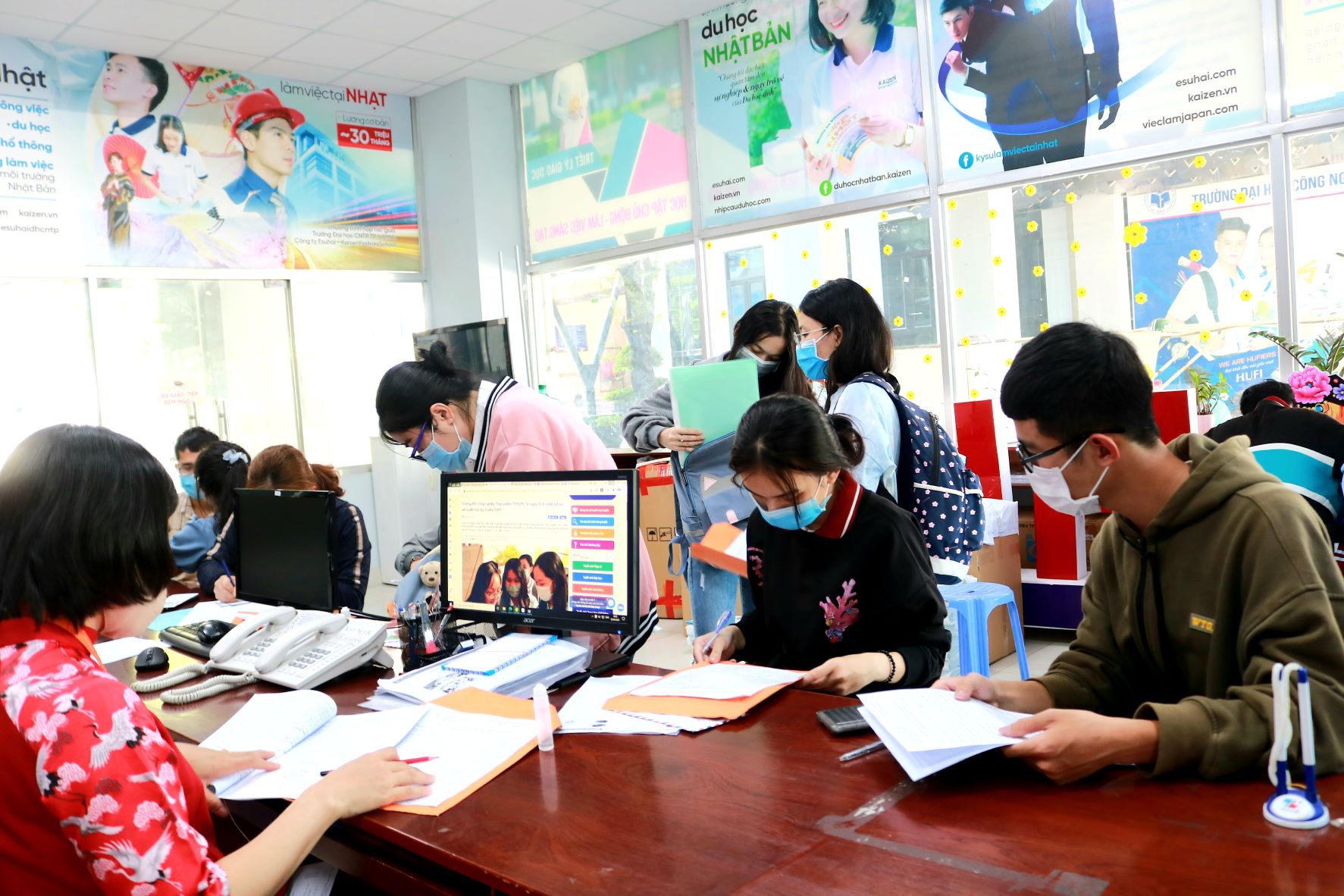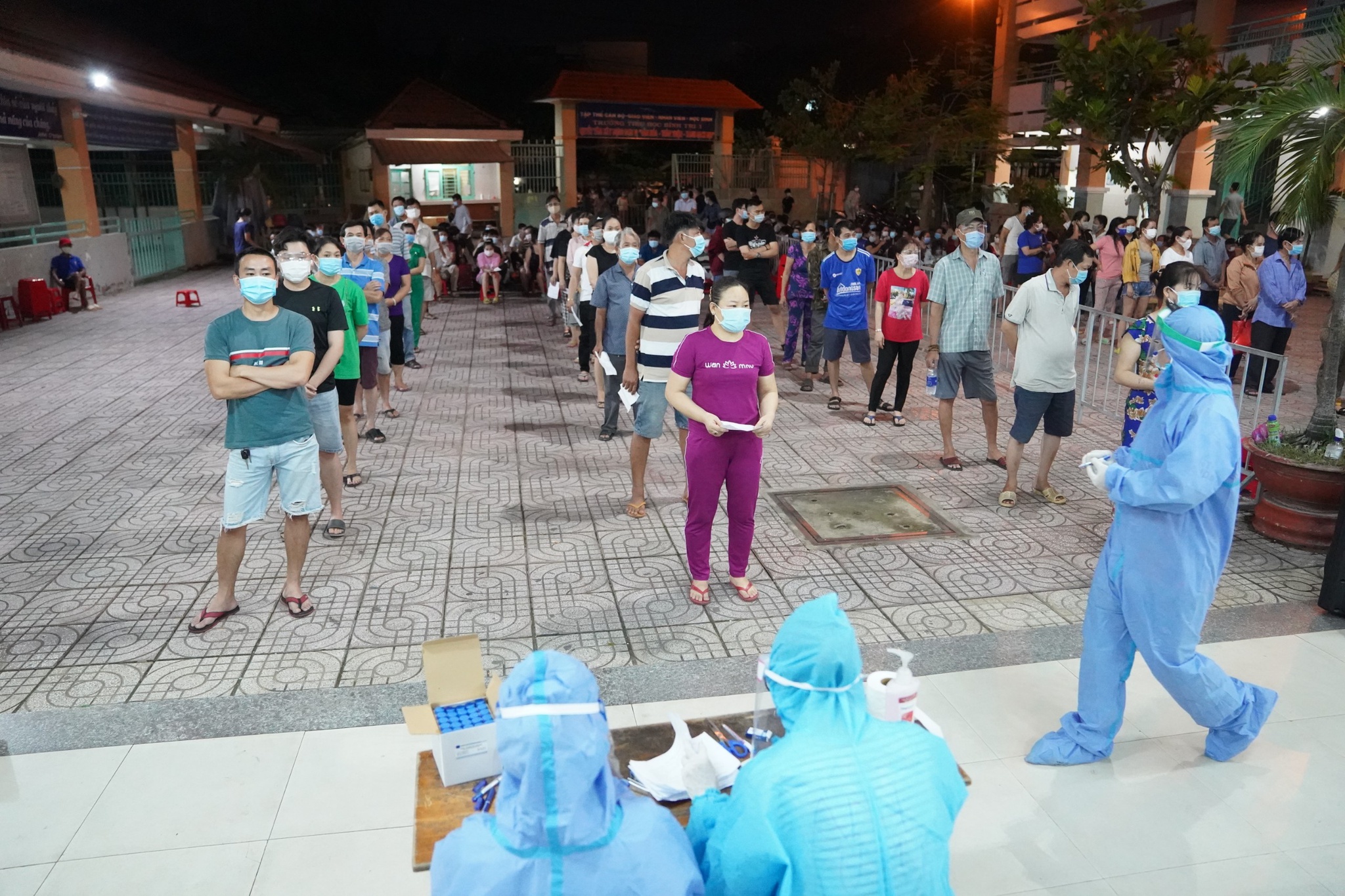THÔNG TIN SƯU TẦM

A third of COVID survivors suffer neurological or mental disorders: study
Nurses react as they treat a COVID-19 patient in the ICU (Intensive Care Unit) at Milton Keynes University Hospital, amid the spread of the coronavirus disease (COVID-19) pandemic, Milton Keynes, Britain, January 20, 2021. Photo: Reuters
Researchers who conducted the analysis said it was not clear how the virus was linked to psychiatric conditions such as anxiety and depression, but that these were the most common diagnoses among the 14 disorders they looked at.
Post-COVID cases of stroke, dementia and other neurological disorders were rarer, the researchers said, but were still significant, especially in those who had severe COVID-19.
“Although the individual risks for most disorders are small, the effect across the whole population may be substantial,” said Paul Harrison, a professor of psychiatry at Oxford University who co-led the work.
Max Taquet, also an Oxford psychiatrist who worked with Harrison, noted that the study was not able to examine the biological or psychological mechanisms involved, but said urgent research is needed to identify these “with a view to preventing or treating them”.
Health experts are increasingly concerned by evidence of higher risks of brain and mental health disorders among COVID-19 survivors. A previous study by the same researchers found last year that 20% of COVID-19 survivors were diagnosed with a psychiatric disorder within three months.
The new findings, published in the Lancet Psychiatry journal, analysed health records of 236,379 COVID-19 patients, mostly from the United States, and found 34% had been diagnosed with neurological or psychiatric illnesses within six months.
The disorders were significantly more common in COVID-19 patients than in comparison groups of people who recovered from flu or other respiratory infections over the same time period, the scientists said, suggesting COVID-19 had a specific impact.
Anxiety, at 17%, and mood disorders, at 14%, were the most common, and did not appear to be related to how mild or severe the patient’s COVID-19 infection had been.
Among those who had been admitted to intensive care with severe COVID-19 however, 7% had a stroke within six months, and almost 2% were diagnosed with dementia.
Independent experts said the findings were worrying.
“This is a very important paper. It confirms beyond any reasonable doubt that COVID-19 affects both brain and mind in equal measure,” said Simon Wessely, chair of psychiatry at King’s College London.
“The impact COVID-19 is having on individuals’ mental health can be severe,” said Lea Milligan, chief executive of the MQ Mental Health research charity. “This is contributing to the already rising levels of mental illness and requires further, urgent research.”
Source: tuoitrenews.vn
Collected by My Nguyen
Tổng giám đốc WHO: Chưa thể loại trừ khả năng Covid-19 rò rỉ...
Người đứng đầu Tổ chức Y tế Thế giới (WHO) ngày 15.7 cho biết vẫn còn quá...
Một tuần đi qua
Vậy là đã qua được một tuần cách ly toàn TP.HCM theo chỉ thị 16
Khổ vì giấy xét nghiệm Covid-19
Ngày 5.7, tại cuộc họp trực tuyến của Ban Chỉ đạo quốc gia phòng, chống...
TP.HCM đề xuất giám sát người cách ly tại nhà bằng thiết bị...
Sở Thông tin và truyền thông TP.HCM vừa có văn bản đề xuất UBND TP.HCM về...
Không 'đóng cửa' nhưng sẽ kiểm soát chặt chẽ người ra vào...
TP.HCM không đóng cửa hay phong tỏa nhưng sẽ kiểm soát chặt chẽ người ra vào...
TP.HCM: Chiến dịch tiêm 836.000 liều vắc xin Covid-19 kết thúc hôm...
Tính đến hết ngày 29.6, TP.HCM đã tiêm trên 805.000 liều vắc xin Covid-19 trong...
Tại sao 'gánh' dịch, kinh tế vẫn tăng trưởng gấp ba cùng kỳ
Con số GDP 6 tháng tăng 5,64% khiến giới phân tích bất ngờ bởi 2 quý vừa qua,...
Đề nghị Astra Zeneca chuyển cho Việt Nam 10 triệu liều vaccine
Lãnh đạo Chính phủ đề nghị Công ty AstraZeneca tạo mọi điều kiện thuận...
Dịch Covid-19 lan mạnh: Không thi mà xét tốt nghiệp, trường ĐH...
Trước những mong muốn của thí sinh, phụ huynh tổ chức xét tốt nghiệp thay vì...
Dịch vẫn lan nhanh, TP.HCM cần thêm 'thuốc mới'?
Số ca nhiễm tại TP.HCM vẫn tăng lên, ở mức 3 con số mỗi ngày, dù đa số ở...
Trưởng đại diện WHO tại Việt Nam: Người dân TP.HCM hãy tuân...
Theo TS Kidong Park, vai trò của vắc xin trong việc kiểm soát ổ dịch cấp tính còn...
344567942350826358571066.jpg&w=1400&h=520)
522608805487.jpg&w=1400&h=520)


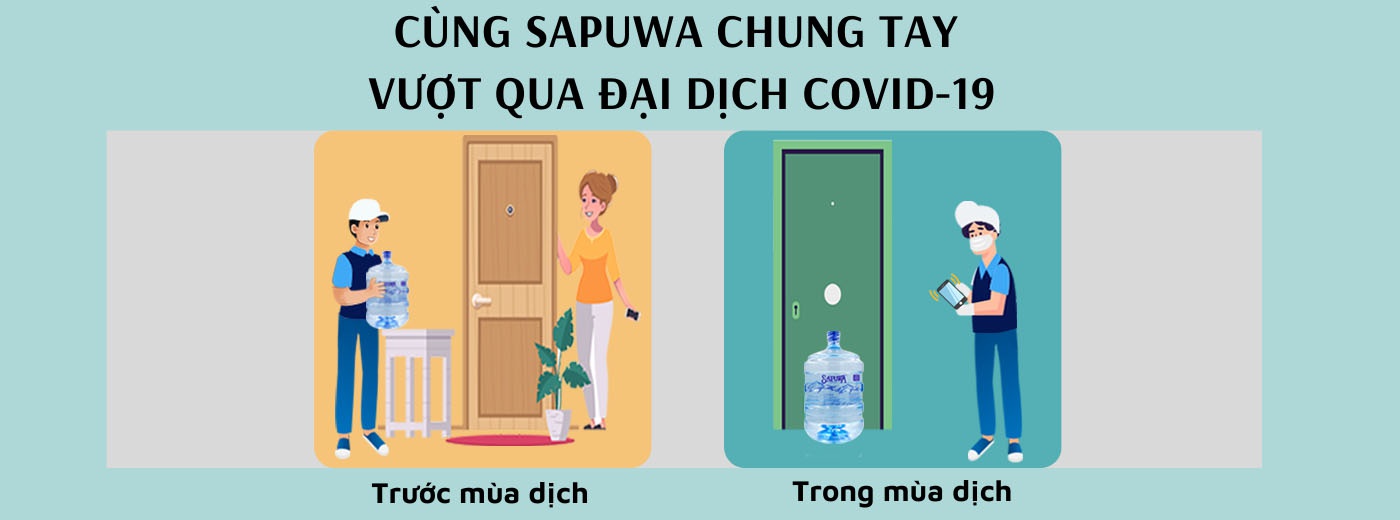

.PNG)
